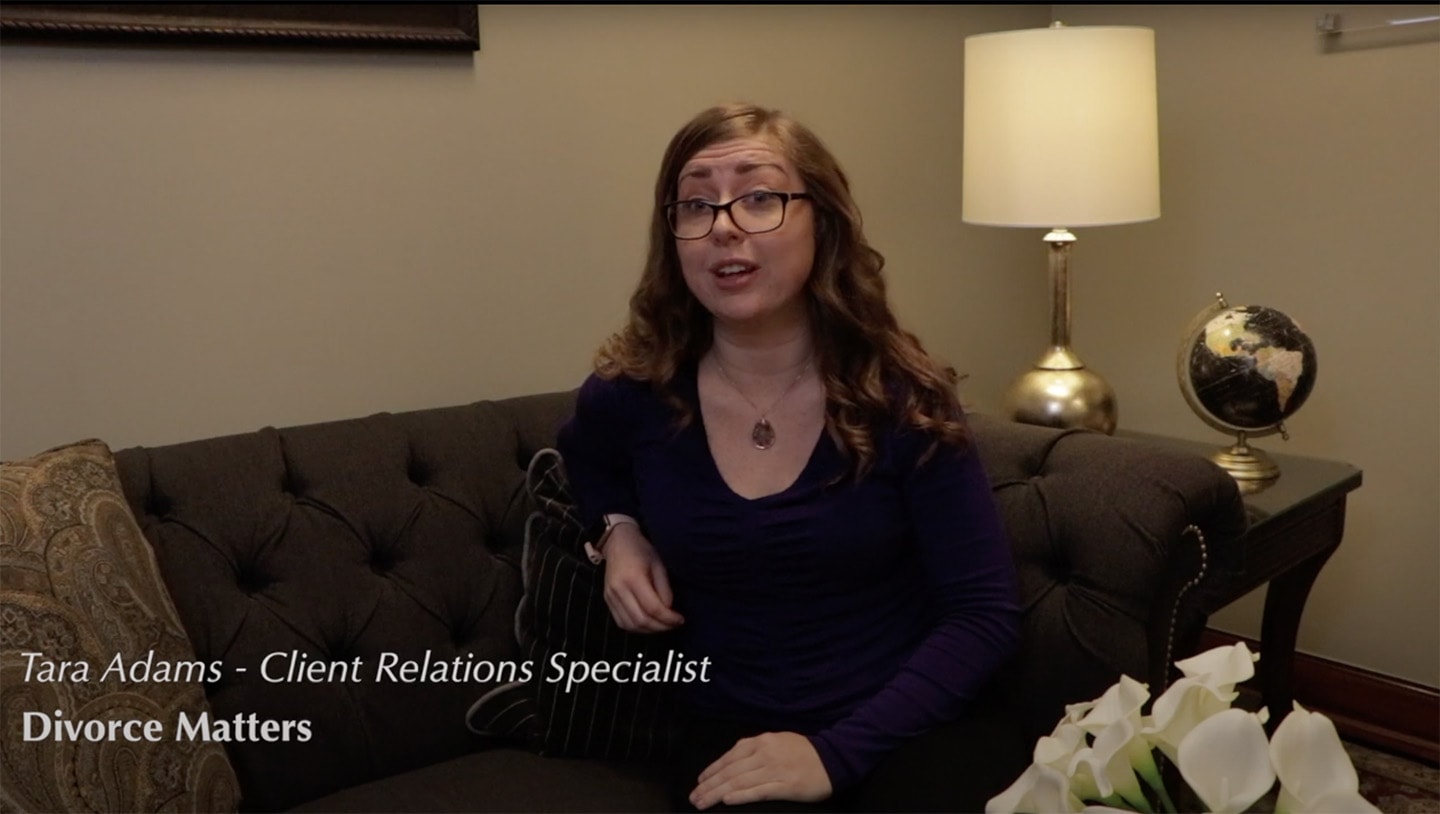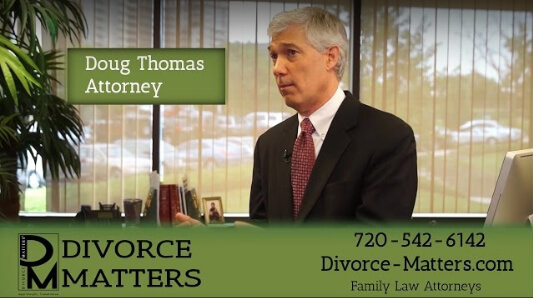Improved medical availability and technology has led to an increased life expectancy in the United States. Americans are living longer, healthier lives than they ever have in any time in our history. And with those longer lifetimes come higher aspirations for life in the Golden Years.
Many Baby Boomers want more from life than just the status quo””and it may be leading more couples to divorce court than ever before. Among the over-60 set, the incidence of divorce has increased sharply””by 50% in just the past 10 years.
Because these couples have had decades to build financial and emotional lives together””children, grandchildren, retirement funds, real estate assets, and shared debt””divorce in the golden years can be far more complicated.
The key factors of concern for divorcing couples over age 60 include:
- Dependent Incomes: Many couples divorcing after 60 face shared expenses that depend primarily on one or the other’s current or past income. It can be particularly challenging to divide up assets equitably or calculate maintenance when one of you was a stay-at-home parent for decades””supporting the asset accumulation of the bread-winning spouse””while one of you earned the bulk of the income. It can also be more expensive to live as a single person, so you may be facing lifestyle changes with divorce.
- Healthcare: Along with the dependent income, many couples divorcing later in life share healthcare coverage and costs. If you are retired or have never worked outside of the home, this can present unique challenges that the divorce process and division of assets and maintenance fees must address. At the age of 60, it is still a few years before you will be eligible for Medicare on your own. You’ll need to consider your own medical coverage during the divorce process.
- Retirement Funds and Debt: Getting divorced does not mean that you have no more rights to your (soon to be ex-) spouse’s retirement or vice versa. If you have been married for longer than 10 years, you are entitled to a portion of each other’s social security benefits. This remains true even if one or the other of you remarry. And social security is just one piece of the retirement puzzle. If you and your spouse shared retirement funds throughout your relationship, dividing those funds can be messy, as can dividing up debts that have been shared for decades. If you have significant retirement assets, including pension plans, 401ks, Social Security and more, a financial planner who specializes in divorce and the division of assets is essential.
- Emotional Stress: Then, there is the emotional element. Divorce is nearly universally difficult and painful, but a golden years divorce may bring out other emotions. These divorces can be traumatic to grown children, adding a twist to the impact of divorce on children. Divorcing couples over 60 often feel ashamed or embarrassed. Unlike 30- and 40-somethings who are divorcing, you may find yourself without a peer group. Worse, lifelong friendships can be at risk, as couples who have grown with you through the years struggle to deal with the “division of friendship.” Divorce at this stage of life takes different emotional tolls””and resources for you may not be as readily apparent. It’s wise to find a confidant””a therapist, support group, or other relationship””to help you through the emotional upheaval.
Conclusion
Divorce is different in the Golden Years. Impending retirements, medical needs and benefits, substantially larger assets, and emotional challenges less “researched” by experts in the field all bring a unique set of challenges. Financial planners, therapists, accountants, and a good attorney can be invaluable to you as you navigate the additional complexities of an already trying time in what you might have envisioned were the “Golden Years.”


